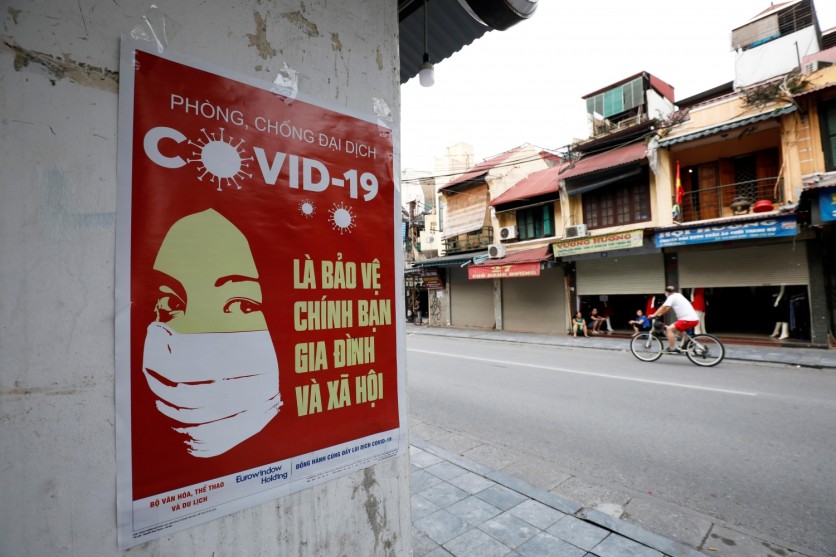Facebook has agreed to significantly censor "anti-government" posts in Vietnam after its local servers went offline earlier this year, slowing nearby traffic to a crawl.

The restrictions were carried through state-owned telecommunications groups, which made Facebook and its sister social networks Messenger and Instagram to a crawl for approximately seven weeks, sources told Reuters.
State media, at that time, blamed the slowdown on maintenance to undersea cables. State telecommunication companies apologized for technical glitches.
Intentional attacks?
Vietnamese telecoms launched a sustained attack on Facebook traffic that intermittently knocked out its servers from February to early April, Gizmodo reported.
One of the sources said the campaign was deliberately meant to put "tremendous strain on us to increase compliance with legal takedowns when it comes to content that our users in Vietnam see."
In an email obtained by Reuters, Facebook showed it had reluctantly complied with the government's request to "restrict access to content which [the Vietnamese government] has deemed to be illegal."
Vietnam's overseas ministry, which handles requests from foreign reporters for comment from the government, did now not respond to Reuters' request. State telecommunications corporations Viettel, Vietnam Posts and Telecommunications Group (VNPT) also did not respond to requests for remark.
Commenting on the Reuters report, human rights institution Amnesty International called on Facebook to right away reverse its decision.
"Facebook's compliance with these demands sets a dangerous precedent. Governments [worldwide] will see [the move] as an open invitation to enlist Facebook in the service of state censorship," the group said in a statement on Wednesday.
ALSO READ : Does Facebook Mute Conservative News? Here's Its Response To Accusations Of Political Bias
Activist jailed
Early last year, Vietnam accused Facebook of violating a brand-new cybersecurity law by using allowing customers to submit anti-government remarks at the platform.
In the months that followed, Amnesty International told Al Jazeera at the least 16 people had been arrested, detained or convicted for such posts. In November, state media reported that five more were jailed.
The non-governmental organization, Human Rights Watch, said Vietnam locked up dozens of activists and dissidents in 2019. The Vietnamese government introduced a "cybersecurity" law the same year, which requires all internet providers to filter "toxic" content to suppress "hostile and reactionary forces."
The cybersecurity law requires foreign corporations inclusive of Facebook to installation neighborhood offices and save records in Vietnam - although Facebook says it does not keep consumer records in the country.
The Facebook sources said the enterprise generally resists requests to block access on a person's posts in a selected country; however, the pressure of getting its nearby servers impeded had forced it to comply.
Facebook's statement said: "We agree with freedom of expression is a fundamental human right, and work tough to shield and guard this vital civil liberty around the world ... However, we've taken this movement to ensure our offerings remain available and usable for thousands and thousands of people in Vietnam, who depend on them every day."
Big marketplace
Vietnam is among Facebook's most significant marketplace in Asia since 2016.
According to Ant, a Vietnam-based market researcher, digital advertising and marketing revenue in Vietnam amounted to around $550 million in 2018, 70 percent of which went to the United States social media giants Facebook and Google.
With Facebook usage so considerable in Vietnam, customers started to be aware that access became slow to Facebook as well as its Messenger chatting app and its picture-based blog site, Instagram.
But behind the scenes, as Facebook struggled to hold its services, it turned into talking to the government, the assets stated.
"Once we committed to restricting more content, then after that, the servers were turned back online by the telecommunications operators," one source said.
The second source contrasted the drop in site visitors in Vietnam with a surge in some other place as dozens of countries put in place regulations on the movement that recommended separated friends and families to turn to Facebook.
"Vietnamese telcos were unique in restricting access at a time when people need services like Facebook. It was a sharp contrast with other places in the world," they said. "Thankfully, that's now resolved."




